Contrary to the popular mantra found on t-shirts, internet memes, and tattoo sleeves, we here at Schuil would not prefer death before decaf. Rather, we’d actually quite like to enjoy one of our many decaf offerings, perhaps as a sweet treat following dinner or when the jitters hit too hard after that third cup.
With a whopping 13 decaf Schuil coffees to choose from (not to mention over 50 decaf flavored coffees!), how do you know where to start?
The internet is rife with decaf dogma, and it’s easy to find yourself deluged in its discourse. Namely, consumers are concerned with the method caffeine is removed from coffee, and the effects that imparts on flavor, the environment, and your health.
All decaffeination occurs with the use of a chemical solvent, which strips caffeine molecules from the coffee itself. The utterance of the word “chemical” will understandably raise unease, but many chemicals are naturally occurring, and provenly benign in low dosage. This concern allowed for a so-called enlightenment period of decaffeination in the 80s after it was discovered the commonly used methylene-chloride (MC) was used in paint thinners and aerosol. Newly developed facilities using solvents other than MC fear-mongered on this finding, promoting their process as the healthy alternative. Now 40 years later, with ample research by both the USDA and FDA, there is still no evidence that low doses of methyl chloride are harmful.
Schuil sources many of our decaf offerings through QUSAC, which developed its proprietary DFE process to require less energy and resources, reducing its carbon footprint. The process also utilizes surgical-like precision in its extraction to remove only caffeine and unwanted mold and fungi, leaving as much coffee flavor intact as possible.
Our Decaf Dutch Breakfast Blend, featuring QUSAC decaffeinated coffee, is a fan-favorite medium roast, with sweet and creamy flavors of cocoa and molasses. If you prefer a darker roast, our robust Decaf French Roast and Decaf Peak of Andes will give you all the perk without any of the caffeine. For the light roast purists out there, our sister-brand Sparrows has you covered with a truly exceptional decaf, using naturally occurring ethyl-acetate derived exclusively from sugarcane and mountain water to remove caffeine.
Whether you’re a decaf lifer or enjoy it recreationally, we hope this lends both ease and insight. We’d love to hear your tales of tasting through our many decaf offerings in the review section of our web store - located at the bottom of every coffee product page.
 Flavored
Flavored
 Decaf
Decaf
 Packets
Packets
 Seasonal Coffees
Seasonal Coffees



2 comments
I am also waiting on the answer to the above question that was posted over two weeks ago. Why do you not use the Swiss Water Process to remove caffeine? I am considering becoming a customer.
Why don’t you use Swiss Water Processing for your decaf coffee? It’s supposed to be healthier than the chemicals. Looking forward to your answer.